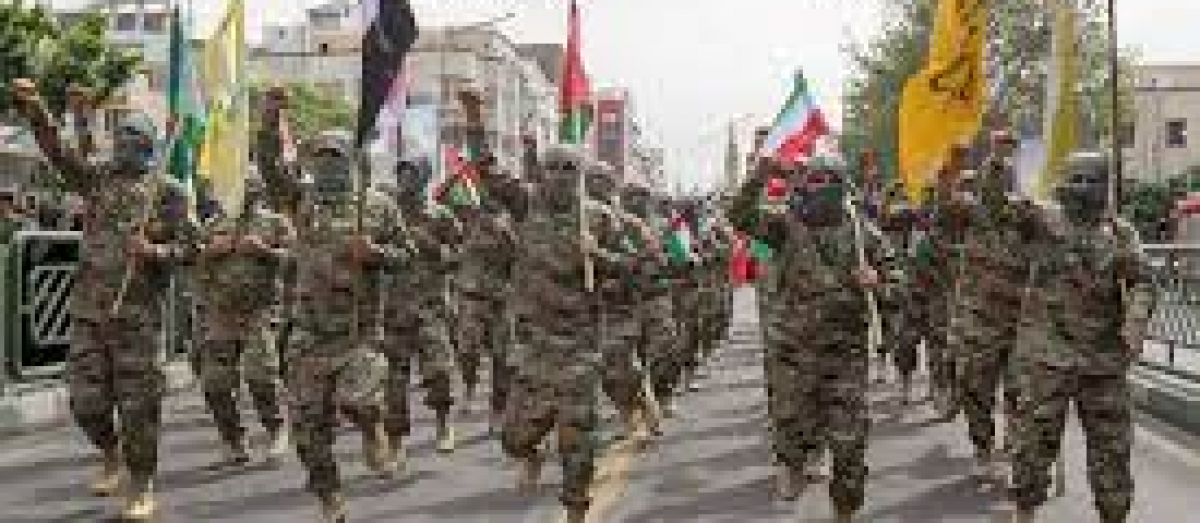The division of Ireland in 1921 and the establishment of the Irish Republican Army (IRA) is a complex historical issue deeply rooted in the centuries-long conflict between Ireland and Britain over sovereignty, religious freedom, and national identity. To understand the motivations of the IRA, it is essential to look into the broader context of Irish-British history.

Historical Context
The roots of conflict in Ireland can be traced back to the Norman invasion in the 12th century and were exacerbated by the English Reformation in the 16th century when England moved towards Protestantism while Ireland remained predominantly Catholic. Over the centuries, various British laws and practices discriminated against Catholics and favored Protestant settlers, leading to a significant loss of land and rights for the native Irish population.
The Irish Republican Brotherhood and the Easter Rising
Before the IRA as it was known in the 20th century, there was the Irish Republican Brotherhood (IRB), a secret organization founded in the mid-19th century that aimed to establish an independent democratic republic in Ireland. This group, among others, laid the groundwork for Irish nationalism.
The IRA, in its modern form, traces its origins more directly to the 1916 Easter Rising, which was an armed insurrection in Dublin against British rule. The rising was quickly suppressed, but it led to significant public support for the rebels who were executed or imprisoned after the insurrection. This event was a pivotal moment, leading to a surge in Irish nationalist sentiment.
The Partition of Ireland

In 1921, following the War of Independence fought between British forces and the Irish Republican Army (which had evolved from the IRB), the Anglo-Irish Treaty was signed. This treaty ended British rule in 26 counties of Ireland and established the Irish Free State as a dominion within the British Empire, much like Canada or Australia at the time. However, the six counties in the north, where Protestant unionists were the majority, remained part of the United Kingdom, creating the state of Northern Ireland.
The Irish Republican Army (IRA)
The IRA existed before the partition as various organizations advocating for Irish independence, but it became more formally organized in the early 20th century. After the partition, the IRA split into factions: those supporting the Free State (the Pro-Treaty IRA) and those opposing it (the Anti-Treaty IRA), leading to a bitter civil war from 1922 to 1923.
Motivations of the IRA
The IRA’s motivations have been primarily nationalistic and republicanism. The overarching goal was to reunite the island of Ireland as a single sovereign nation, free from British rule, and to establish a republic. The partition of Ireland and the establishment of Northern Ireland as part of the UK were seen by many Irish nationalists as a betrayal of the Irish struggle for independence and an artificial division of the island that ignored the national and religious identity of the Irish people.
The IRA saw itself as the legitimate military force of a nation denied full realization by colonial oppression and political partition. Their campaign, particularly during The Troubles (a period of conflict in Northern Ireland from the late 1960s to the 1998 Good Friday Agreement), involved armed resistance, including guerrilla warfare tactics, bombings, and assassinations, aiming to undermine British control in Northern Ireland and reunify Ireland.
It’s important to note that the term “IRA” has encompassed several different organizations over time, with various factions emerging, including the Provisional IRA, which was most active during The Troubles, and the Official IRA, among others.
The conflict and the activities of the IRA have been marked by significant controversy and have included acts that are widely regarded as terrorist. The motivations of the IRA, while grounded in historical grievances and aspirations for national sovereignty, involved strategies and tactics that have been both defended and condemned within and outside of Ireland.





